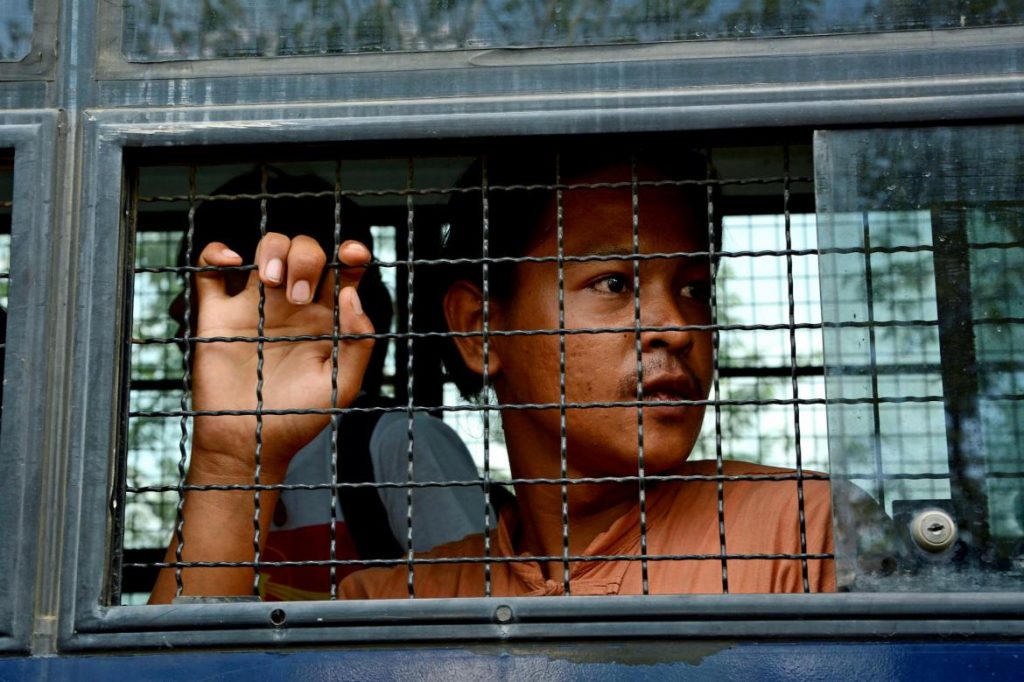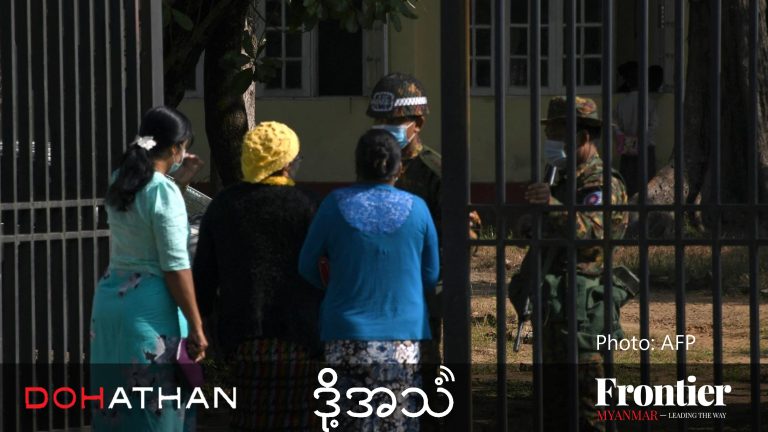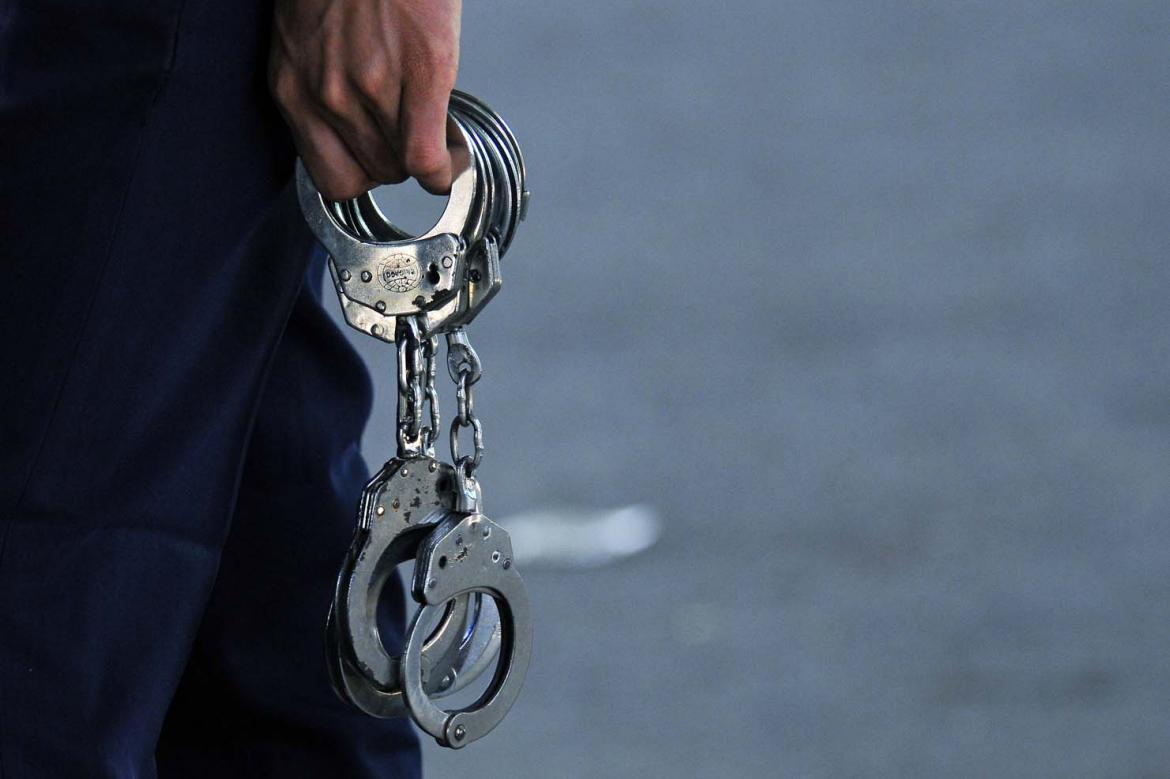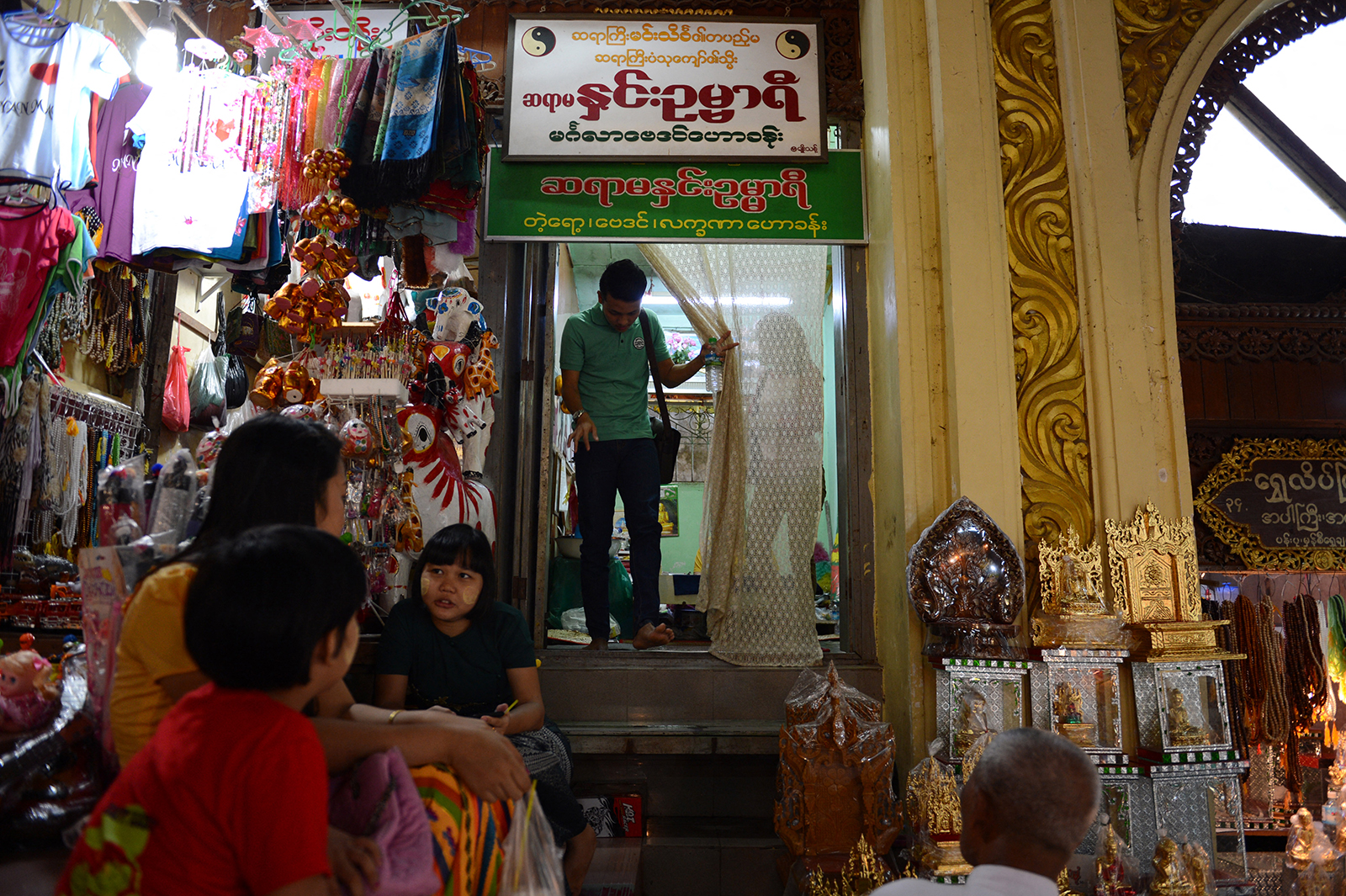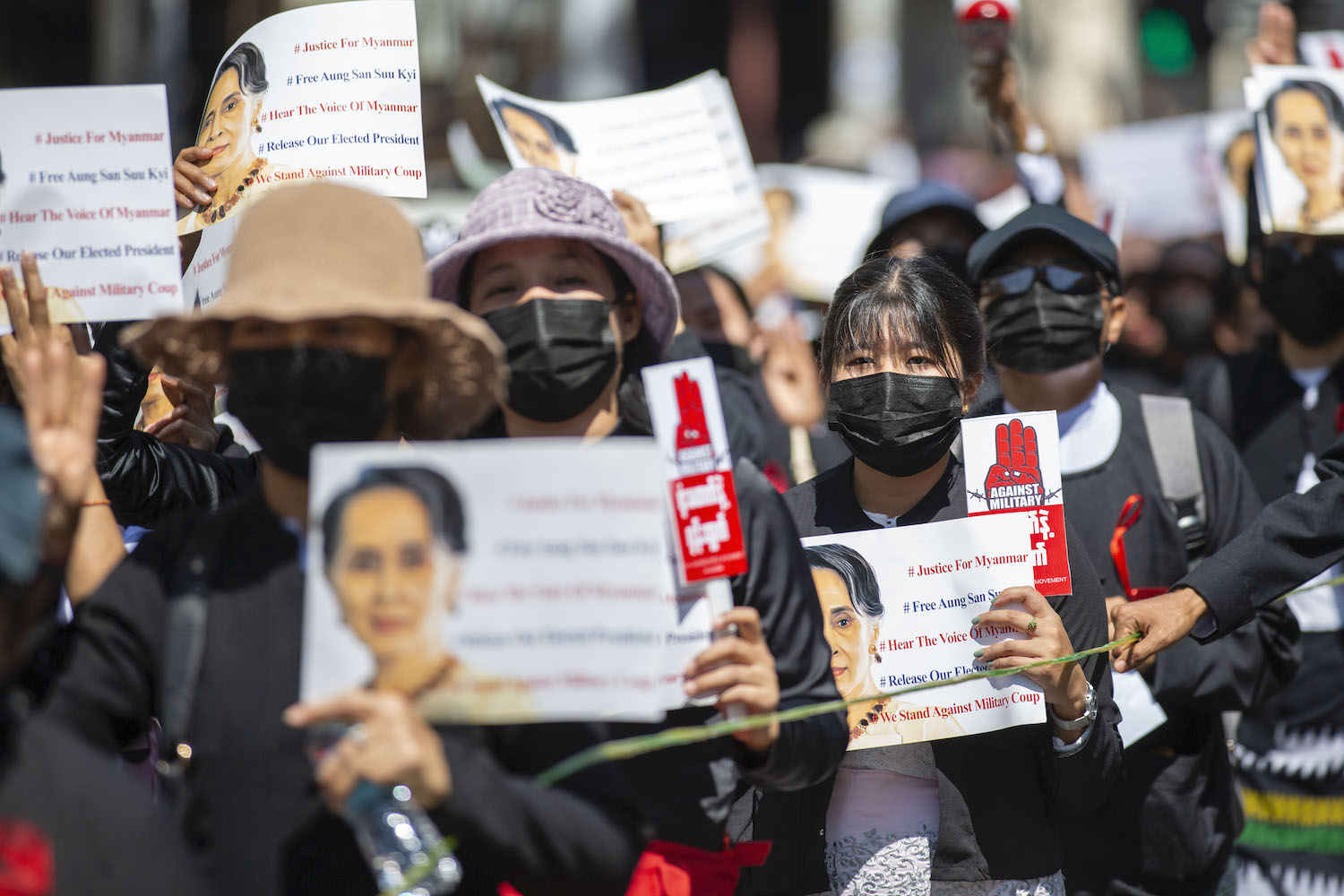Promoting the use of habeas corpus should be vigorously pursued in Myanmar as a remedy for arbitrary arrest and detention, argues the International Commission of Jurists.
By DANIEL AGUIRRE | FRONTIER
“I’ve been in jail for almost a year and I don’t know what I am charged with,” a detainee in Yangon told the International Commission of Jurists earlier this month.
Another complained that when he was arrested, “the police had no warrant and did not inform me about my crime”. Neither detainee had enjoyed the human right to challenge the lawfulness of their detention.
Such complaints are common, as the ICJ has said in its new Handbook on Habeas Corpus in Myanmar. The ICJ’s analysis shows that, notwithstanding some reform, security forces often arrest and detain people without following proper procedures, in violation of Myanmar’s national laws and international human rights obligations. There continue to be multiple cases of arbitrary or unlawful arrest and detention in the country, sometimes used to suppress political dissent.
Reintroduced in Myanmar under the 2008 Constitution, habeas corpus has been described as “the great writ of liberty”. It affords anyone detained, or their representative, the right to challenge the legality of arrest and detention before a court. It is a key legal device to prevent unlawful detention, torture or enforced disappearance.
Support more independent journalism like this. Sign up to be a Frontier member.
Habeas corpus puts a duty on the courts to review the lawfulness of detention and on the security forces to prove they acted within the law. If detention is unlawful, the court must free the detainee immediately. Under international law, it is applicable at all times to anyone (not just citizens) under any form of detention, including during a state of emergency, even in countries, such as Myanmar, that are not yet state parties to relevant international treaties.
It is crucial that this writ be used to ensure that nobody is detained without due process or solely for lawful political dissent, as is the case for many political prisoners.
Although articles 296(a) and 378(a) of the 2008 Constitution guarantee the right to habeas corpus, the ICJ could not find a single case in which the writ had been used to overrule an unlawful arrest or detention.
Another tool for protecting detainees’ rights is Section 491 of the Criminal Procedure Code. It allows High Courts to summon and release wrongfully detained prisoners. However, Myanmar judges and lawyers said it has not been used in decades.
When Myanmar’s military rulers began cracking down on political dissent and imposed authoritarian rule, they naturally got rid of habeas corpus. Despite its reinstatement, habeas corpus remains politically sensitive, as it requires the judiciary to review and rule upon the actions of the security forces.
The ICJ has observed and documented several cases where the failure to comply with due process rights could have been challenged through habeas corpus proceedings. For example, the detainees who spoke with us this month have never been properly charged and their alibis never properly examined in court. Others are arrested solely for exercising their right to freedom of expression. We have monitored a number of manifestly unfair trials.
However, Myanmar lawyers remain reluctant to petition for the writ of habeas corpus to challenge the actions of government agencies. Their hesitation is partly the result of the systematic dismantling of Myanmar’s legal system, which has rendered judges, lawyers and government officials unfamiliar with international standards. Few have ever seen the writ of habeas corpus used properly. In addition, the Myanmar judiciary remains drastically under-resourced and requires capacity building.
Another practical obstacle is that only the country’s Supreme Court can hear habeas corpus petitions and it is based in Nay Pyi Taw, a situation that discourages many lawyers from incurring the costs and logistical difficulties involved. Contrary to international standards, the constitution suspends the writ during declared emergencies, which means that it cannot be used in the places that need it the most. Moreover, lawyers claim that the petition process can take months, when international standards call for it to be simple, expeditious and free.
In addition, many lawyers say that habeas corpus is not useful to protect their clients because Myanmar’s judiciary is not yet independent. Indeed, the ICJ’s research shows the courts are often unwilling or unable to challenge the government and the military. Until the courts are able to enforce judicial procedures such as habeas corpus, the rule of law and human rights will remain elusive.
Lawyers must bring habeas petitions on behalf of their clients. Not only does this create a record documenting purported human rights abuses, but it will also increase pressure on judges to rule on petitions. The courts must fulfil their role as guarantors of the constitution and human rights.
The new government and the judiciary have committed to the rule of law and human rights. Promoting the use of habeas corpus will help protect the rights of people in Myanmar and strengthen the independence of the judiciary, as well as the rule of law in the country. It is already on the books and it should be vigorously pursued as a remedy for arbitrary arrest and detention.


